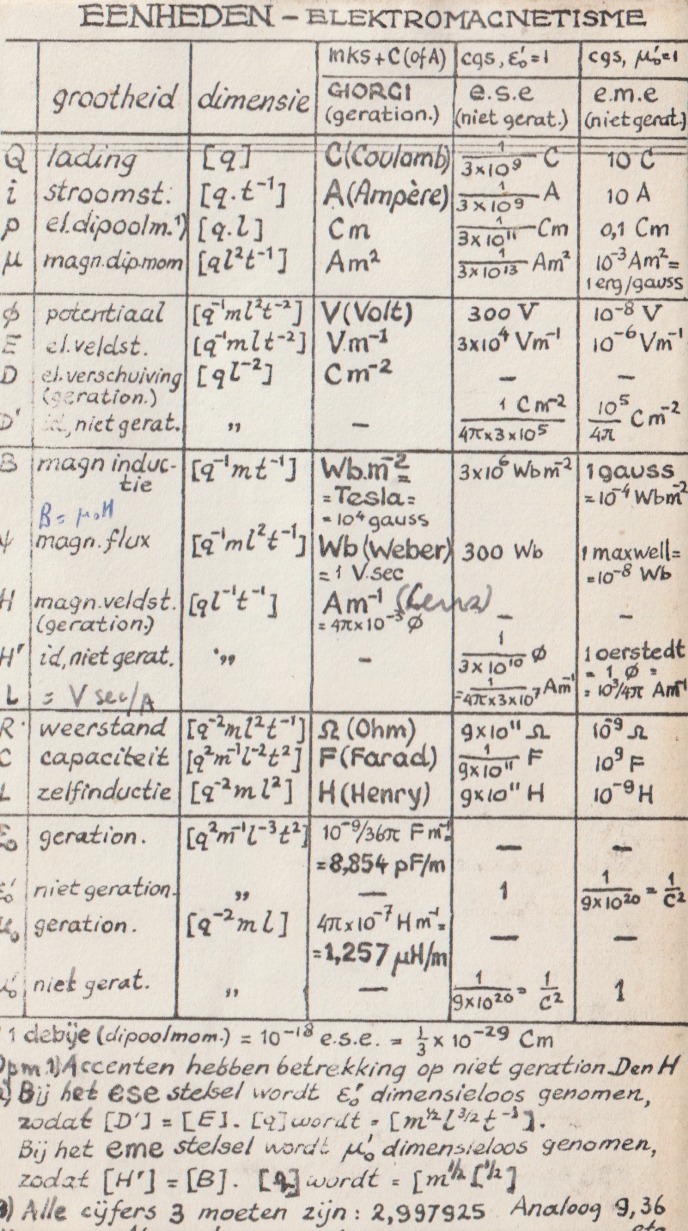A tribute from em. professor Ton Schoot Uiterkamp to late professor Berendsen
Herman Berendsen, an unforgettable man
Fifty years ago on March 16 1973 I defended my PhD thesis. By chance this date coincided with the publication of a paper about my MSc and PhD advisor prof. Herman Berendsen (HB). I wrote it for a special issue of The Protein Journal to commemorate the life and works of Herman who was a professor of biophysical chemistry at RUG from 1967-1999. He died in 2019.
Herman was the brightest and smartest person I met in my professional career. He was also modest and unassuming and he gave his students much freedom to pursue their own research interests. Although he focused on water in biological systems he allowed me to study copper ions in the active site of the oxygen carrier hemocyanin from snails.
Herman refused to be a co-author of my first paper. He argued that the key finding of the paper was mine and that I alone should take the credit for it. By doing so he taught me an important lesson that I applied myself later on in my career.
I left Groningen in 1973 and in 1991 I returned to RUG as a professor of environmental sciences. Till 2019 I was Herman’s colleague as a professor and an emeritus professor.
Many people felt that professor Herman Berendsen should have been awarded the 2013 Nobel Prize in Chemistry for his fundamental contributions to the development of multiscale models like Molecular Dynamics (MD). Yet the generous and modest Herman gave an outstanding overview of the contributionsof the three actual Prize winners at the 2013 Nobel Prize Symposium of the Royal Physical Society (KNG). During his lecture he never referred to his own key contributions to the field.
Herman was an outstanding mentor in curiosity-driven basic research. His course on information theory inspired me to write my MSc thesis on the information content of DNA. HB speculated about the pros and cons of using the entropy concept as a base for taxing pollution and waste from industrial production. I have often encountered attempts to use entropy for regulatory purposes in environmental legislation, but invariably these attempts would fail for practical reasons.
Herman was innovative in his teaching methods. He experimented with computer-based teaching. He produced a whole series of beautifully hand-written handouts in the format of the pages of the then commonly used loose-leaf Success agenda (diary). (See figure 1)
I am very fortunate that Herman was my mentor and advisor at a crucial phase in my career. He truly is and will remain an unforgettable man.
Read the entire article of em.professor Ton Schoot Uiterkamp
Figure 1 Hand-written handout by Herman Berenden in the format of loose-leaf Success agenda

| Last modified: | 28 March 2023 09.46 a.m. |
More news
-
13 May 2024
Trapping molecules
In his laboratory, physicist Steven Hoekstra is building an experimental set-up made of two parts: one that produces barium fluoride molecules, and a second part that traps the molecules and brings them to an almost complete standstill so they can...
-
29 April 2024
Tactile sensors
Every two weeks, UG Makers puts the spotlight on a researcher who has created something tangible, ranging from homemade measuring equipment for academic research to small or larger products that can change our daily lives. That is how UG...
-
16 April 2024
UG signs Barcelona Declaration on Open Research Information
In a significant stride toward advancing responsible research assessment and open science, the University of Groningen has officially signed the Barcelona Declaration on Open Research Information.
